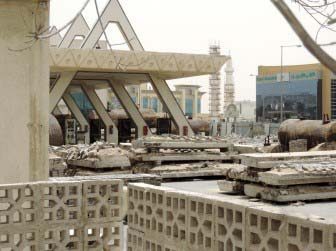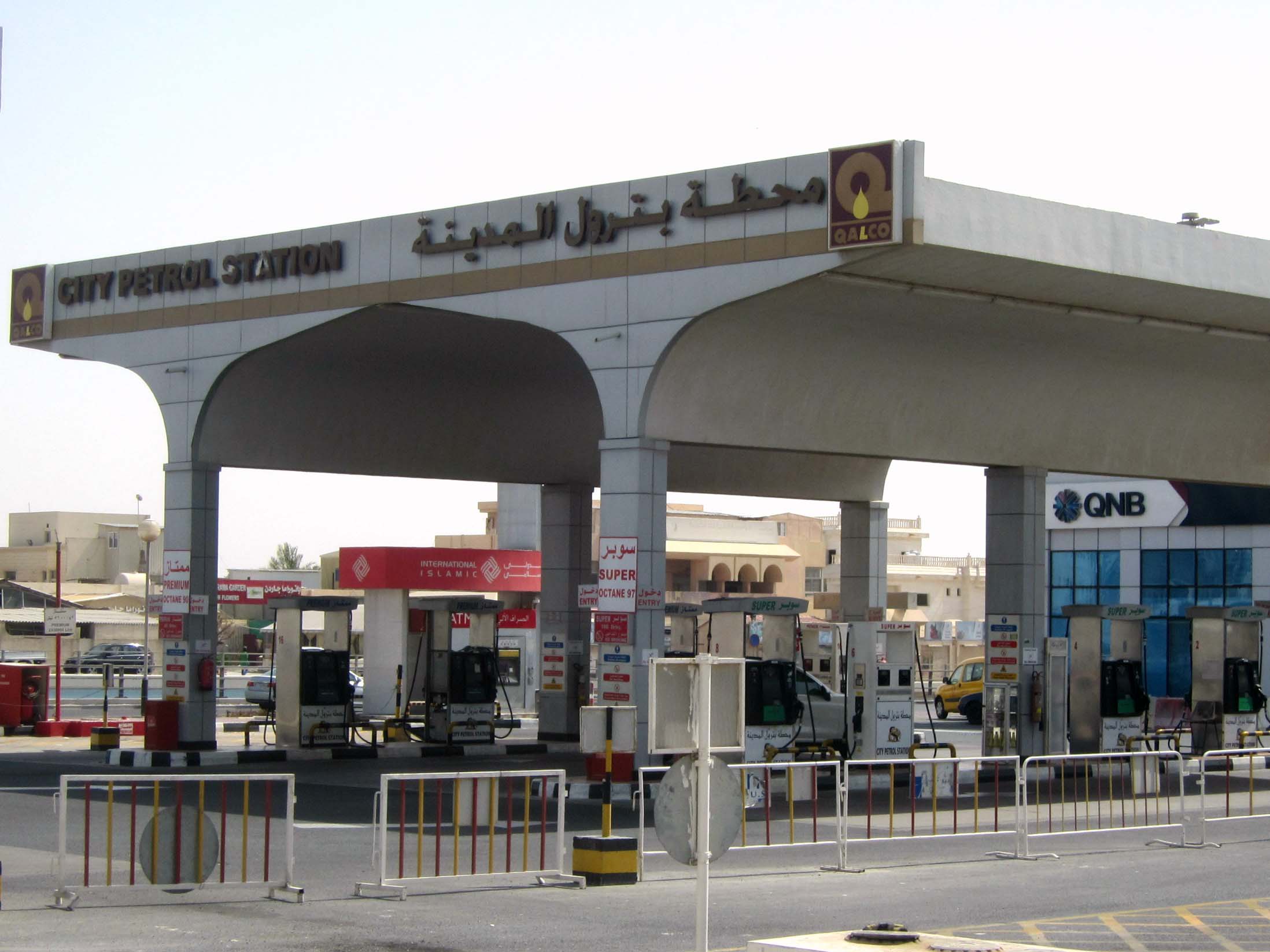
Qatar’s Central Municipal Council (CMC) has urged the government to review the number and location of petrol stations in the country and asked authorities not to demolish existing privately-run fuel stops.
In a new report, elected members sitting on the CMC’s services and public facilities committee presented several recommendations regarding the nation’s fuel stations, aimed in part at addressing a shortage of pumps for the increasing number of vehicles on the roads.

Earlier this year, Qatar Fuel Company (Woqod) said it planned to open 12 new petrol stations in the coming year, although the majority of them will be in outlying districts of Doha or towns beyond the capital.
As a number of privately-run stations have closed in recent years for safety concerns or are being rebuilt as new developments, remaining pumps in central Doha often have long queues snaking back onto busy main roads.
The CMC panel called for a study of the need for petrol stations, based on the surrounding population of an area, and for new ones to be built to meet demand now and in the future as the state’s population continues to grow.
Redesign
In addition to increasing the overall number of fuel stations, there should also be a review of their design and a bigger minimum footprint for the site on which they are built, members said.
Saeed Mubarak Al Rashidi is quoted in Arabic newspaper Al Watan as calling for the area of new petrol stations to be big, with enough space at their entry and exit points for vehicles to pass through easily, the Peninsula reports.
Currently, smaller petrol stations make navigation difficult, creating tailbacks on neighboring roads, some of which are highways, and congestion within the fuel station concourse.
“There is, thus, the need to review and expand the inlets and outlets of these petrol stations,” Al Rashidi said.
The CMC’s recommendations, which have gone to the Ministry of Municipality and Urban Planning (MMUP/Baladiya) and Woqod, also include ending the sale of Shafaf gas canisters at petrol stations.

The panel argued that storing the cylinders at the station is an “unwelcome practice,” although it did note that the Shafaf itself was safe.
Persuading more customers to use the Shafaf cylinders rather than the old metal ones has been one of Woqod’s aims for this year, according to the company’s annual report, published in March.
However, it appears customers have been slow to make the move, in part because Shafaf is more expensive. Sales and refills of the old 12kg metal gas canisters increased last year, climbing to 5.13 million from 4.8 million in 2013.
Meanwhile, sales and refills of Shafaf grew more slowly. The 12kg containers climbed to 1.39 million from 908,000 a year earlier, while the market for the 6kg version grew to 39,000 from 31,000, Woqod noted.
This is not the first time officials have expressed concerns about Shafaf cylinders.
In March last year, Woqod was banned from selling them in its fuel stations, following a deadly gas blast in February at a restaurant inside of a petrol station complex in Duhail. That accident killed 11 people, and was apparently caused by a pizza oven that had been left on and leaked gas before igniting.
After complaints from residents over a shortage of the gas, the company was given the all-clear by Civil Defense a month later to restock its stations with the LPG canisters.
Thoughts?







